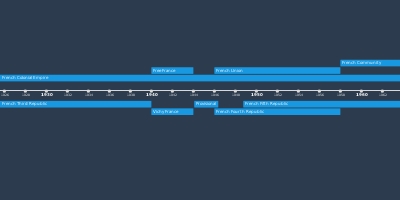Armand Emmanuel de Vignerot du Plessis, 5th Duke of Richelieu (26 Sept 1815 Jahr – 29 Dez 1818 Jahr)
Beschreibung:
Richelieu's character and antecedents alike marked him out as a valuable support for the monarchy at the beginning of the Bourbon Restoration. Though the bulk of his confiscated estates were lost beyond recall, he did not share the angry resentment of most of the returning émigrés, from whose company and intrigues he had held himself aloof during his long Russian exile. More specifically, he did not share their delusions as to the possibility of undoing the work of the French Revolution. As the personal friend of the Russian emperor, his influence in the councils of the Allies had been of great service. Despite this fact, however, he refused the offer of a place in the ministry of the former revolutionary and Bonapartist Talleyrand, pleading both a long absence from France and an ignorance of its conditions. Eventually, though, after Talleyrand's resignation in advance of the opening session of the new Ultraroyalist Chamber of Deputies (the famous Chambre introuvable), Richelieu decided (after much urging from Mathieu de Montmorency) to succeed Talleyrand as the Prime Minister of France, though – as he himself said – he did not know the face of a single one of his colleagues. On 26 September 1815 he was appointed President du Conseil (Prime Minister), a position he held until 29 December 1818, when he was succeeded by Jean Joseph Dessolles. During this tenure, he was also the Minister of Foreign Affairs.It was mainly due to his efforts that France was so quickly relieved of the burden of the Allied army of occupation. In order to achieve this goal, he attended the Congress of Aix-la-Chapelle in 1818, where he was informed in confidence of an Allied pledge to interfere internally in France if a revival of revolutionary trouble was to occur. It was partly owing to this reassuring knowledge that he left office in December the same year, on the refusal of his colleagues to support a modification of the electoral law. After the murder of the king's nephew, the Duke of Berry, and the enforced retirement of Decazes, he was again called to the premiership (21 February 1821); but his position was untenable due to political attacks from the "Ultras" on one side and the Liberals on the other. On 12 December 1821, he again resigned.
Zugefügt zum Band der Zeit:
Datum:
26 Sept 1815 Jahr
29 Dez 1818 Jahr
~ 3 years and 3 months
